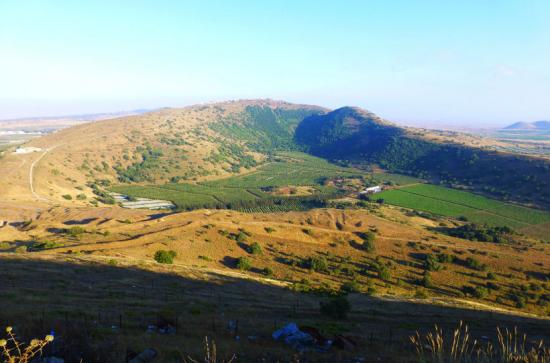
Terrain is an important concept in both physical and military geography. However the term is often used in a relatively unproblematic way to describe the forms and textures that define particular spaces. This lecture draws elements from both traditions but situates them within a more explicitly theoretical-political inquiry, that of thinking the materiality of territory. Terrain is important in understanding territory because it combines materiality, strategy and the need to go beyond a narrow, two-dimensional sense of the cartographic imagination. Instead, terrain forces us to account for the complexity of height and depth, the question of volume. Terrain makes possible, or constrains, various political, military and strategic projects. It is where the geopolitical and the geophysical meet. All attempts at fixing territorial boundaries and shaping territories are complicated by dynamic features of the Earth, including rivers, oceans, polar-regions, glaciers, airspace and the sub-surface – both the sub-soil and the sub-marine. These complexities operate at a range of spatial scales, from the boundaries of nation-states to urban infrastructure projects. Taking the measure of these factors is crucial for a political-legal theory of territory more generally. Essentially the key question is: how can theories of territory better account for the complexities of the geophysical?
